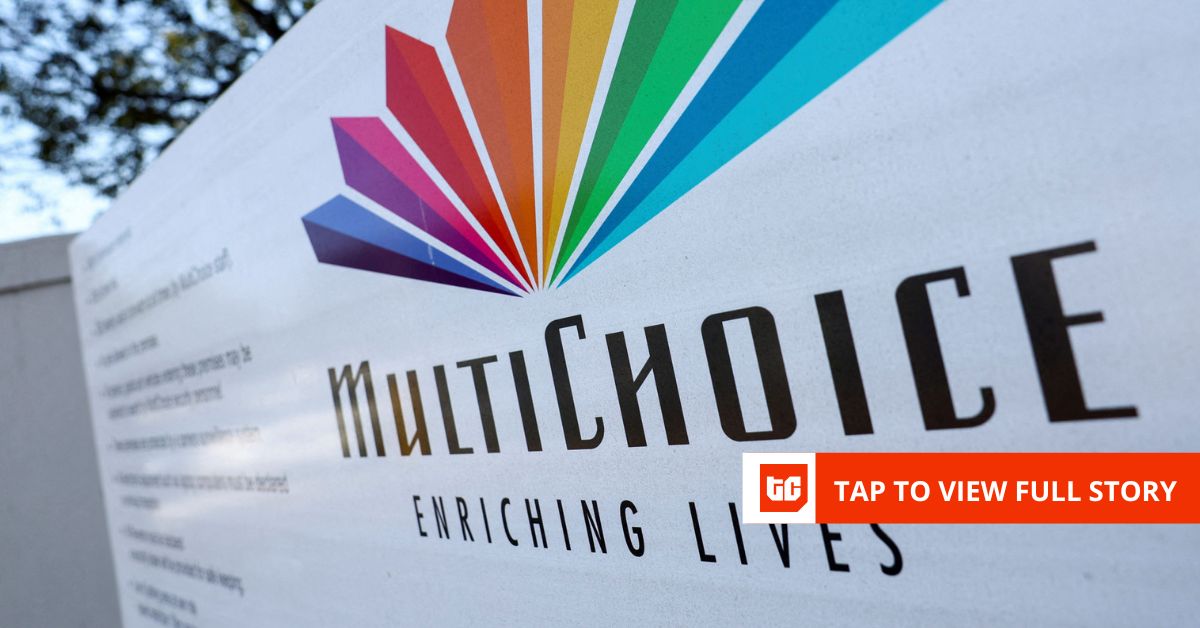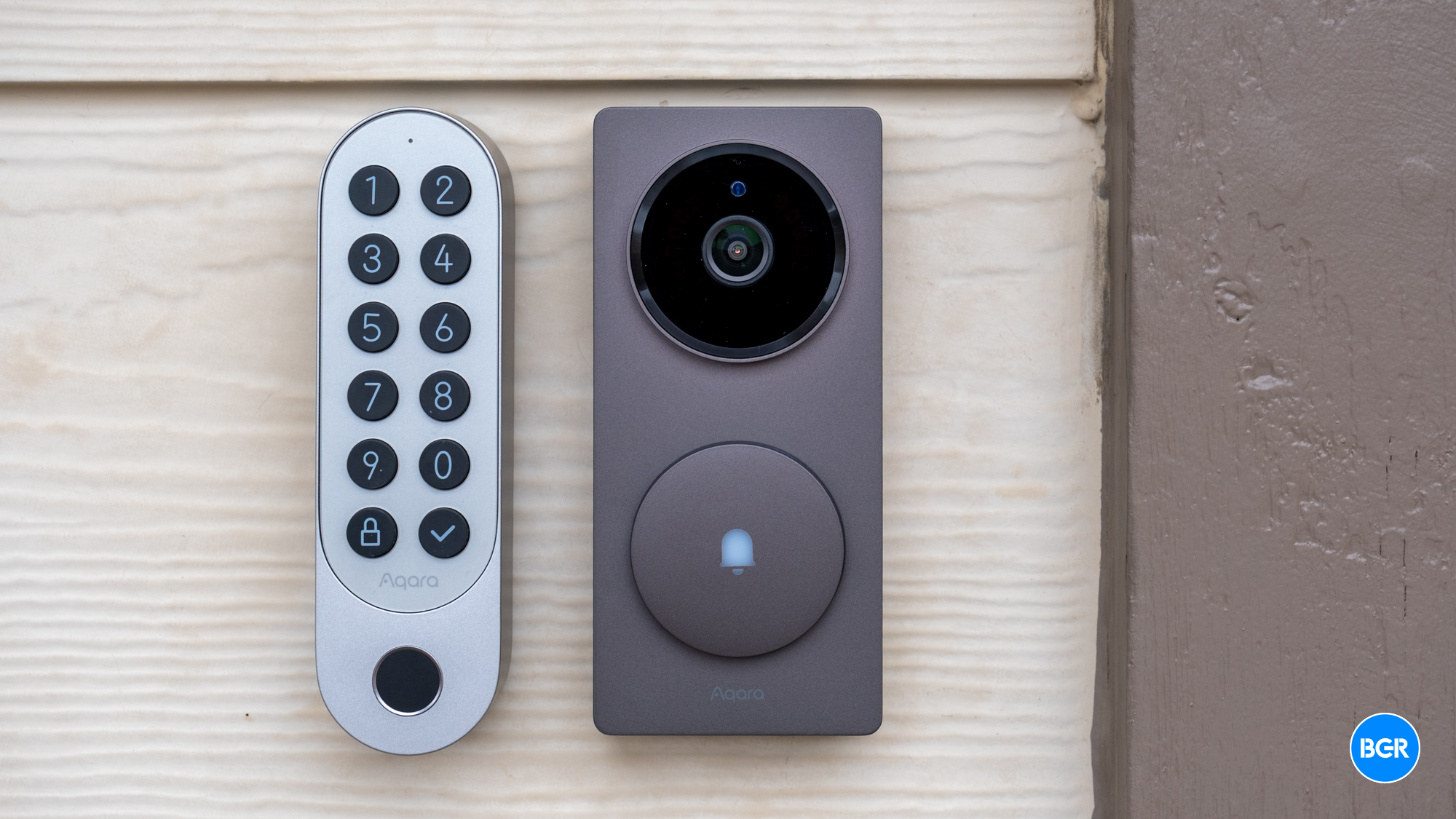Kenyan DStv subscribers will have to pay more from August 1, as Multichoice rolls out yet another price hike, part of a pattern of increases over the past five years.
DStv packages will rise by between 4% and 7%. The Premium package—the highest residential tier—will now cost KES 11,700 ($91), up from KES 11,000. Compact Plus will increase to KES 7,300 ($57), Compact to KES 4,200 ($33), Family to KES 2,250 ($17), Access to KES 1,450 ($11), and Lite to KES 750 ($6). The price for XtraView, which allows customers to connect multiple decoders, will also rise to KES 1,700 ($13).
Even as core DStv prices rise, MultiChoice is trimming costs on some of its digital and mobile offerings. To appeal to price-sensitive users and reduce subscriber churn, the company is slashing Showmax’s entry-level mobile rates. The General Entertainment (GE) plan will drop from KES 650 to KES 550 ($4 to $3), while the mobile-only version falls from KES 300 to KES 200 ($2 to $1.55).
The Premier League (PL) Mobile plan now costs KES 450 ($3.49), down from KES 500 ($3.88). Bundled plans combining General Entertainment (GE) and PL have also been reduced: the mobile bundle drops to KES 520 ($4.03) from KES 700 ($5.43), while the standard bundle is down to KES 800 ($6.20) from KES 1,000 ($7.75).
MultiChoice says the adjustments are part of its annual price review to balance affordability with the rising cost of delivering local and international content.
Across Africa, the pay-TV group lost 1.2 million subscribers in the past financial year. Kenya accounted for roughly 15% of that decline—around 180,000 users—while Zambia saw the sharpest drop, with subscriptions falling by 60%. In its home market of South Africa, MultiChoice posted a headline loss of R800 million ($45 million), triggering a renewed push for cost-cutting and new revenue models.
One idea CEO Calvo Mawela floated during the company’s results briefing is to unbundle sports content—especially Supersport—into standalone subscriptions. The move could allow sports fans to pay less for targeted access while giving non-sports viewers an option to avoid premium pricing tied to bundled sports rights.
Still, Kenya showed signs of recovery in early 2025, helped in part by the collapse of Azam TV’s operations in the country. The Tanzanian rival lost nearly two-thirds of its local user base, leaving MultiChoice with fewer direct competitors. Now, the company is banking on exclusive content—particularly live sports—and more competitive mobile offerings to hold on to its audience.
Mark your calendars! Moonshot by is back in Lagos on October 15–16! Join Africa’s top founders, creatives & tech leaders for 2 days of keynotes, mixers & future-forward ideas. Early bird tickets now 20% off—don’t snooze! moonshot..com









